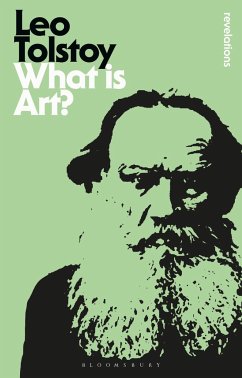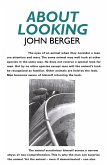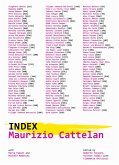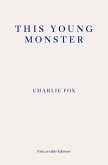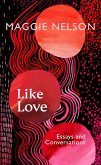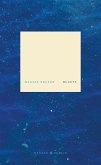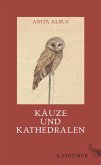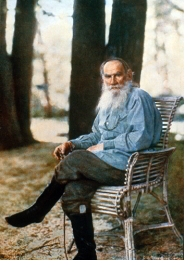Leo Tolstoy is one of the most celebrated novelists of all time. As well as writing literary classics such as Anna Karenina and War and Peace he was also the author of some hugely influential critical and philosophical works. First published in 1898 his book length essay What is Art? has lost none of its power to challenge our perception of art and its function in society today. In this provocative work Tolstoy famously dismisses works by Shakespeare, Dante, Wagner and even many of his own works as 'bad art' based on various criteria including sincerity, ethics, morality and accessibility. Tolstoy took art seriously at a time when western civilization toyed with it as a mere pastime during the height of the Aestheticism movement. For him, art was natural and necessary to the advancement of humankind.
In his introduction to this translation, W. Gareth Jones shows how vitally Tolstoy's personality and experiences in life were engaged in creating What is Art?. Jones showshow integral the essay was to his art and teaching, and why it continues to demand a response from us.
Hinweis: Dieser Artikel kann nur an eine deutsche Lieferadresse ausgeliefert werden.
In his introduction to this translation, W. Gareth Jones shows how vitally Tolstoy's personality and experiences in life were engaged in creating What is Art?. Jones showshow integral the essay was to his art and teaching, and why it continues to demand a response from us.
Hinweis: Dieser Artikel kann nur an eine deutsche Lieferadresse ausgeliefert werden.

